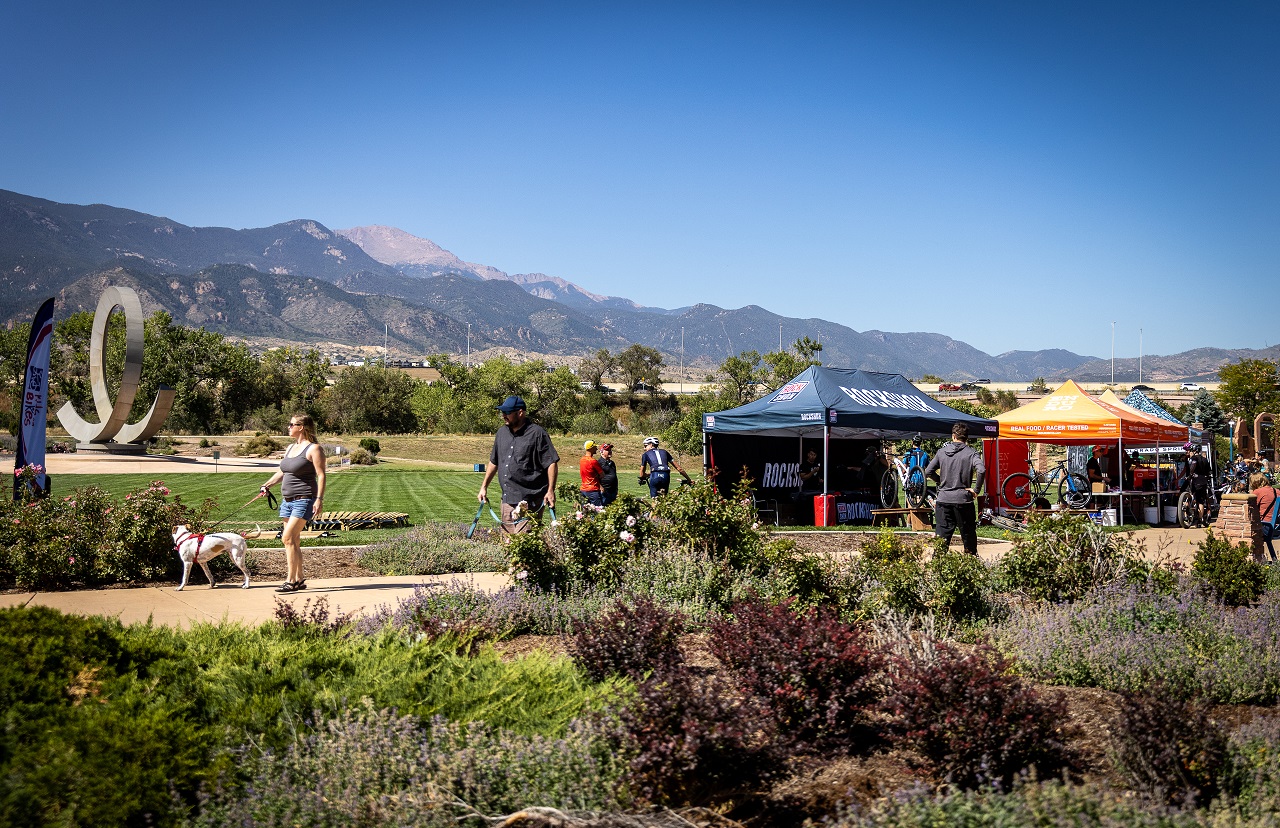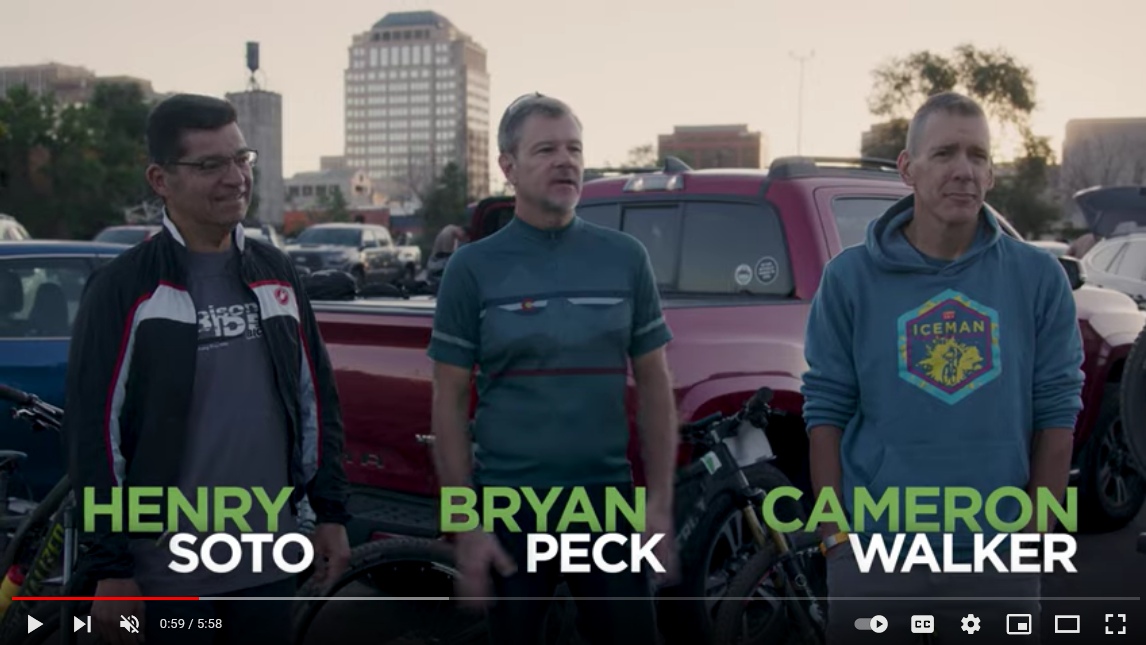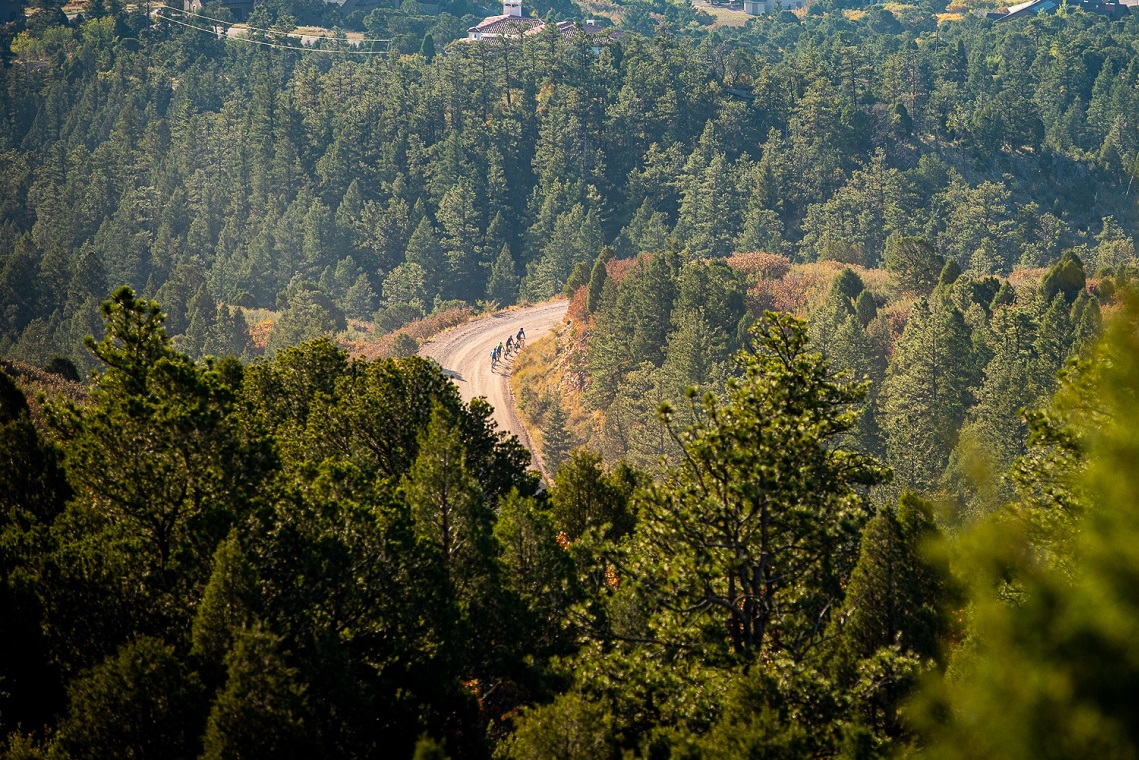-
- tel 205.453.4544
Blogs
Sports tourism professionals have taken notice of the rise of gravel events. Our work with cycling and off-road events often positions us to field questions about gravel and how to capitalize on its recent popularity.
Micah Rice, Vice President of Event Strategy & Operations, was invited out to TEAMS in Oklahoma City this month to participate in a panel discussion about the growth of gravel and off-road cycling events. We had access to some exciting footage from The Mid South, SBT GRVL, and RiseOn, and we thought this would be the perfect time to share more about this growing discipline.
What is Gravel Racing?
We try to avoid the term 'racing' because, for most participants, it is not about the competition. It is about the experience. This nuanced mindset bodes well for destinations because these events draw far beyond an audience of elite athletes. Of course, plenty of serious competitors show up to races, but far more are there for the challenge, the camaraderie, and the hope of finishing. That is why gravel events draw such large and diverse pools of participants.
The Origin of Gravel Racing
Also called gravel grinding, these events first saw popularity in the American Midwest. Some credit the Flint Hills region of Kansas as the birthplace, where, in 2006, 34 riders lined up in Emporia, Kansas, to start the first Unbound Gravel (originally named Dirty Kanza).
The Evolution of Gravel
As the popularity of endurance cycling grew and safety risks for road cyclists increased, interest in gravel also increased. However, the real growth driver is the culture and atmosphere at these events. With mass starts and little to no support, everyone can enjoy the same opportunity to ride in a relaxed atmosphere.
Over the last decade, we have seen the explosion of gravel racing as it spread across the United States, popping up in destinations like Barry County, Michigan, and spilling offshore to Spain and the UK.
When the right circumstances converged, gravel events breathed new life into the destinations fortunate enough to host them.
Gravel Events Today
Gravel events have grown tremendously since the first Unbound Gravel in 2006. Today, they are serious business.
Unbound, now owned by Lifetime Fitness, holds a lottery where the luckiest 4,000 get to participate. Then, on the weekend after Memorial Day, riders come from all 50 states and across the globe to visit Emporia, a city of just over 24,000 people.
As participation in these events grows, industry brands, sanctioning bodies, and destinations are all looking for ways to become more involved. Bikes, components, and gear are made specifically for the terrain and riders with a growing interest in conquering it. Previously unsanctioned, USA Cycling is now weighing how to add value for members interested in the discipline, and in 2022 the UCI sanctioned the Gravel World Series and the UCI Gravel World Championships. Destinations are searching for potential routes using forest service and dirt roads in their regions to determine the feasibility of hosting events. Whether it is a trend or the future, at the moment, it is definitely on the rise and fully deserving of all the hype!
Race Director Morgan Weinberg of Aravaipa Colorado talks with Micah Rice, VP of Event Strategy & Operations for Sports Strategies about his work with The Pikes Peak APEX presented by RockShox and how he is constantly looking for ways to bring the local cycling community together for this event. Listen now on Steep Life Media.
When we produced this event recap video we focused on capturing rider stories that would promote the event in the following year. Our goal was to engage potential participants by sharing relatable experiences. We were fortunate to work with Access Video Group, an amazing video partner with a crew that listened and understood our vision.Take a look at the finished product.
Be sure to check out the latest perspective on the surge in gravel racing. Our Micah Rice is interviewed by Sports Travel Editor and Publisher Jason Gewirtz. This piece is less about the riders and more about the small towns they descend upon, and sometimes transform. For the better of course. Cyclists are a great demographic match for these small communities. Not only do they embrace the culture and natural assets, but they also tend to crave adventure, enjoy travel and have a hankering for new experiences. Also, this is a group that is willing to spend on all things bike and gear related, as well as food and drink! Beyond direct economic impact, they drive interest through the TONS of shots they post to social media as they capture their adventures a long the way. If you have the gravel, you just may have an event! Read it here.




